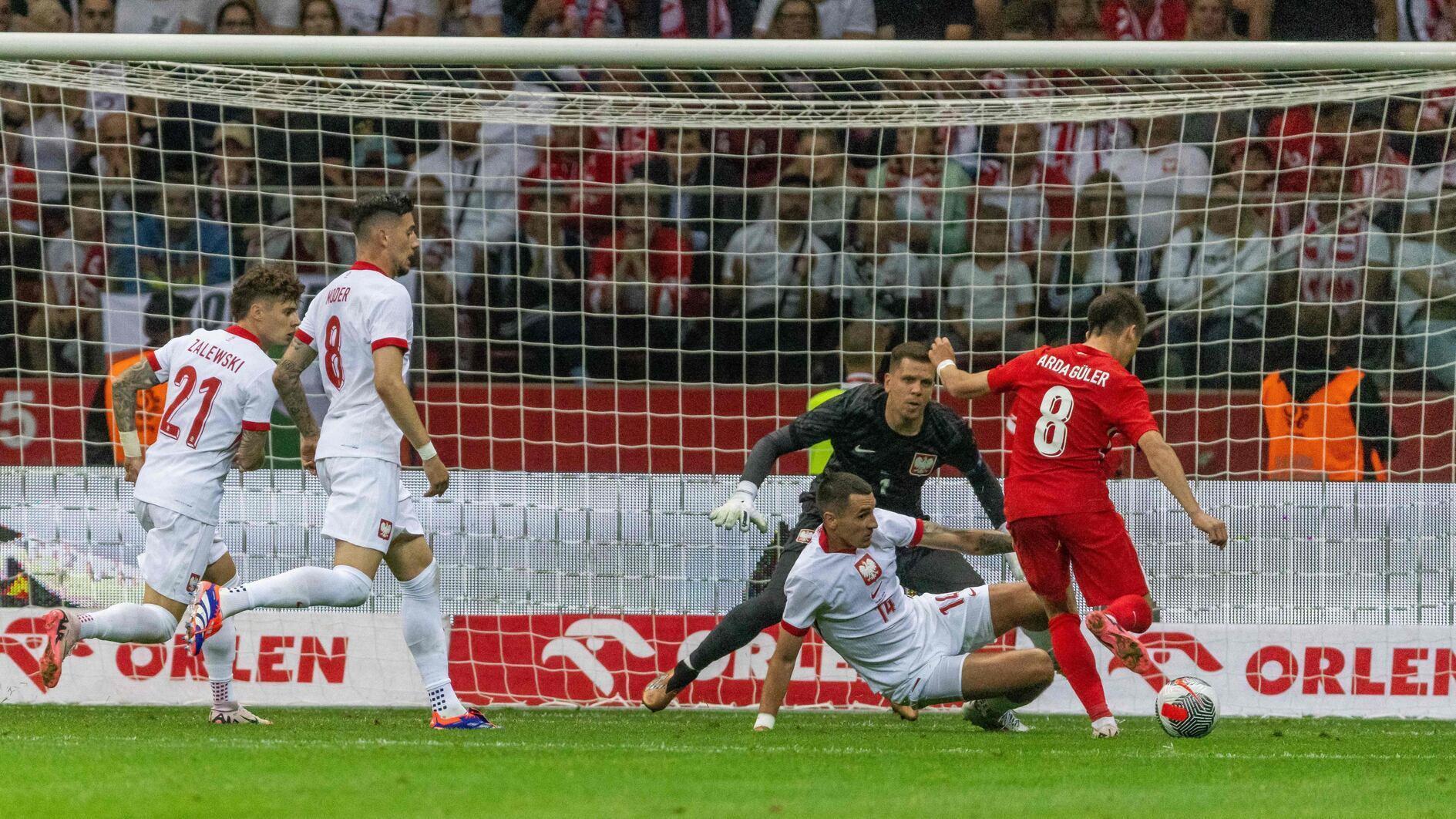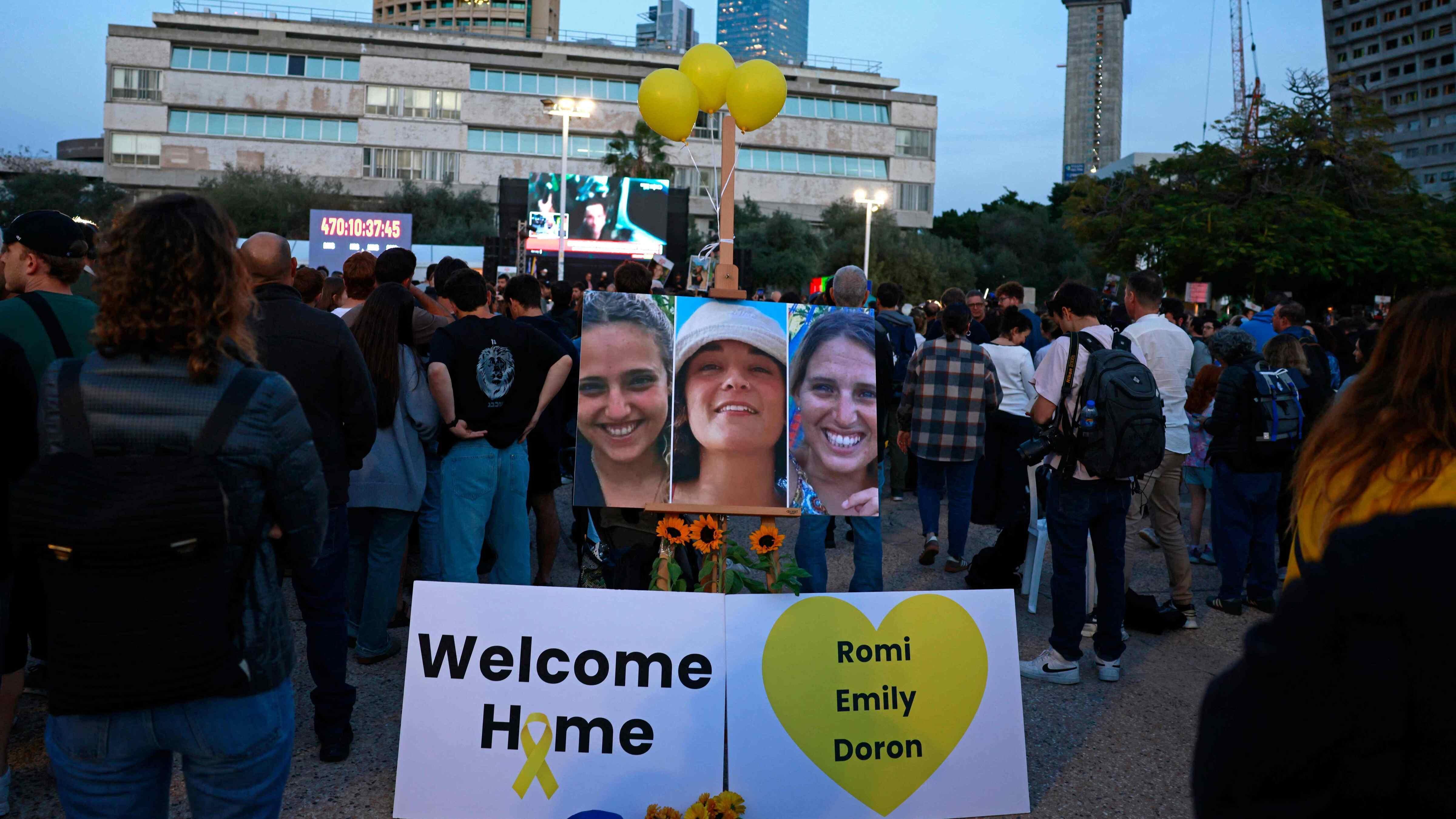Türkiye set for strong support at Euros from diaspora
MUNICH

Türkiye can expect a wave of support from the Turkish-German community at Euro 2024, reflecting the deep-rooted connections between the two nations.
This comes as many Turkish-origin residents in Germany are descendants of "guest workers" who arrived during the Cold War to alleviate West Germany’s labor shortage amid a post-World War II economic boom.
The history of migration in Germany extends beyond Türkiye, with significant communities from Italy, Greece, Croatia and recently, refugees from Ukraine. Teams from these nations can also anticipate substantial local support during the tournament.
This year marks a significant legal change in Germany as longstanding restrictions on dual nationality are abolished, allowing naturalized German citizens to retain their Turkish passports.
Türkiye enters Euro 2024 with cautious optimism following a disappointing performance in 2021, where the team lost all three of its games and scored just one goal despite high expectations.
However, they topped the qualifying group for Euro 2024, which included World Cup semifinalist Croatia, losing only one of their eight games.
Under the management of former Italy and Roma striker Vincenzo Montella, who took over last September after coaching Adana Demirspor for two years, Türkiye boasts a dynamic midfield.
Key players include captain Hakan Çalhanoğlu of Inter Milan and 19-year-old prodigy Arda Güler from Real Madrid.
Türkiye will play its first two Group F matches against Georgia and Portugal in Dortmund, followed by a game against the Czech Republic in Hamburg.
Both cities are home to many residents of Turkish heritage, ensuring robust local support.
Euro 2024 kicks off on June 14 in Germany, with Europe’s footballing giants vying to dethrone reigning champions Italy.
Host nation Germany will face Scotland in the opening match in Munich, aiming to journey to the final in Berlin on July 14.
This tournament is Germany's first major men's international event since the 2006 World Cup, promising an exciting atmosphere following the underwhelming Euro 2020.
Delayed by a year due to the pandemic and played across multiple cities with limited crowds, Euro 2020 lacked the vibrancy of traditional single-nation tournaments.
Germans are hopeful for a repeat of 2006, when the nation rekindled its passion for football after a period of lackluster performances, much like the years leading up to Euro 2024.
Portugal's coach Roberto Martinez has shown full confidence in Cristiano Ronaldo, who aims to lead his nation to a second European Championship title.
Ronaldo, with 206 international appearances and 128 goals, is set to break more records in his 11th major tournament, including appearing in a record sixth European Championship.
He was the second top scorer in Euro 2024 qualifying, despite concerns his move to the Saudi Pro League might affect his performance.
Georgia makes its major tournament debut, led by star Khvicha Kvaratskhelia, amid political turmoil at home.
The Georgian team secured their spot in Euro 2024 through a play-off victory over former champions Greece.
The Czech Republic, known for their strong performances in previous Euros, are expected to make a notable impact.
Patrik Schick, who was the joint-top scorer at Euro 2020 alongside Ronaldo, will be crucial for the Czechs after a stellar season with Bayer Leverkusen, helping the club secure the Bundesliga-German Cup double.
















